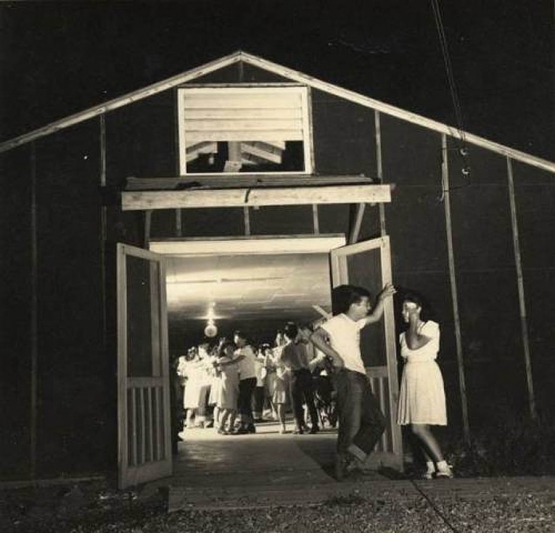The Jeep
(Coronet & Yank Magazines, 1945)
When General Marshall listed the numerous advantages that the U.S. Army enjoyed during the war (you can read it here), he included on his list the Willys Jeep. The Jeep and the Two and Half-Ton truck, he believed, contributed mightily to the mobility of American Forces in most theaters. The two articles attached herein go into some detail about the strengths of the Jeep, but concentrated primarily on the improvements made in the vehicle as Jeep prepared for its launch in the civilian market place.

